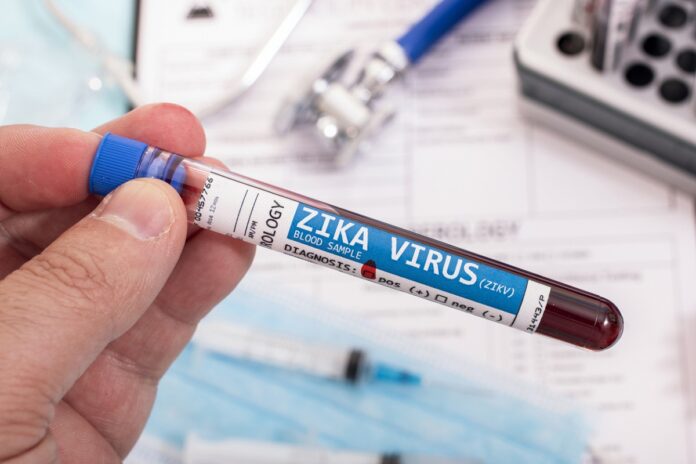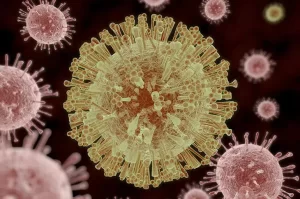
A study suggests that the Zika virus may be used to treat juvenile cancer. An important advancement has occurred when a group of US researchers successfully employed the Zika virus to reduce or eradicate neuroblastoma tumors in mice. This suggests that the virus may one day be used as a cancer therapy.
According to a study that was published in Cancer Research Communications, people with high-risk neuroblastoma may find that the Zika virus is a very successful stopgap treatment.
Over half of high-risk children with neuroblastoma, a rare childhood cancer that frequently develops in the sympathetic nervous system or the adrenal glands, do not respond well to conventional therapies like chemotherapy or radiation, which increases the chance of recurrence.
In recent years, the ability of the Zika virus to destroy cancer cells expressing CD24—a developmental protein known to cause significant birth abnormalities in pregnant women—has been investigated.
Nemours Children’s Health System researchers experimented on mice whose neuroblastoma tumors had high amounts of CD24.
A saline solution was put into half of the mice, while the Zika virus was injected into the other half.
According to a news agency report by IANS, an independent pathologist confirmed that mice injected with the Zika virus underwent virtually complete tumor eradication, with the maximum dosage leading to total elimination. Tumor sizes were monitored three times a week.
During a four-week observation period, there was no sign of a tumor recurrence, and the mice did not exhibit any Zika infection signs or adverse effects.
Additionally, the Zika virus may be able to treat various malignancies in adults and children that show elevated amounts of CD24.
The researchers administered Zika virus or a saline solution to mice models of human neuroblastoma tumors in order to evaluate the possible effect on the survival of human patients.
Tumors treated with the saline solution expanded up to 800% after 28 days, but tumors treated with Zika shrank to about 12% of their initial bulk, suggesting scar tissue instead of living tumor cells.
After four more weeks, no more tumor growth was found, indicating that treating the Zika virus may improve patient survival.




























